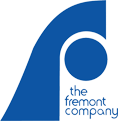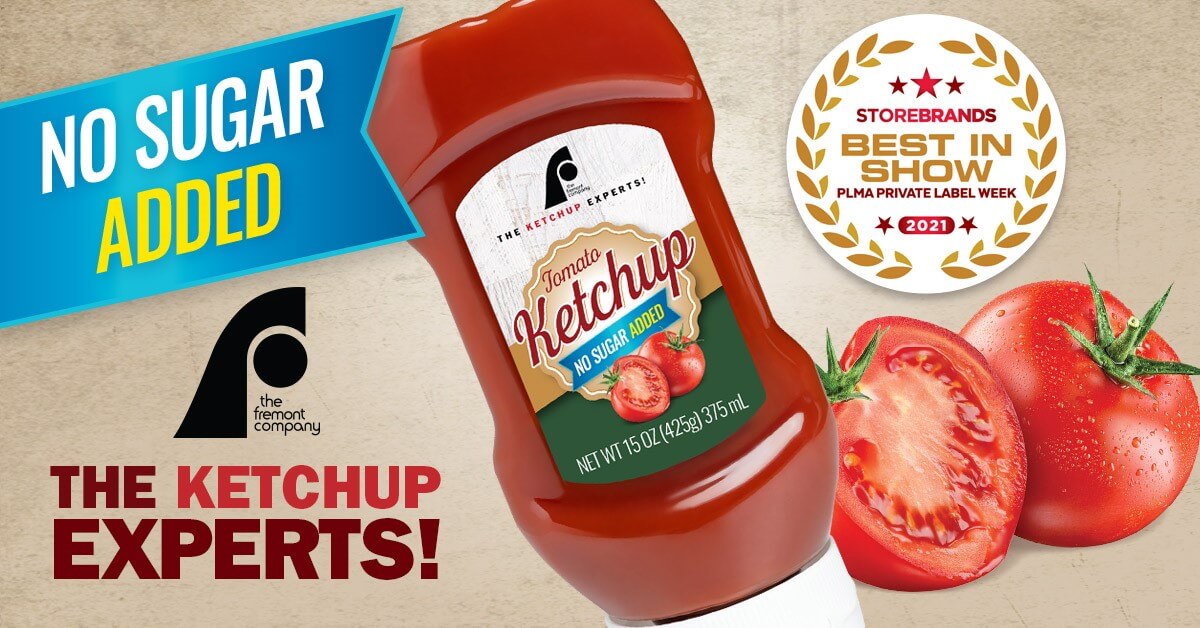Grocery Headquarters
January 31, 2017 by Rebekah Marcarelli
See the full article at Grocery Headquarters
Store brands are heating up as consumers demand private label products that compete with, or surpass, the quality of national brands. In recent years, retailers have started relying more heavily on their private label programs, but the exceptional companies behind the labels are what really drive the success of these programs.
Store brand products were once perceived as items that were meant for consumers looking to pinch pennies, but today’s shoppers are demanding private label programs that offer them savings on products that meet their high-quality standards. When mom picks up a bottle of store brand cough syrup for her ailing child, she expects to save a few dollars on a product that will hold up to the popular brand name version. If she brings that product home and notices her child is coughing again an hour later, more than likely that will be the last time she buys that store brand cough syrup.
The quality of products in a private label program also has a significant impact on a retailer’s reputation. Those that promise consumers only the best products will avoid getting left behind in the dust as the private label industry evolves.
“I believe quality will become more important than price as the message of a poor quality product with the store’s name on it raises the question, ‘what else inside the store is lower quality?’” says Tim Stapleton, president of U.S. and international sales for Big Time Products. “Great quality equals satisfaction and expansion of the consumer relationship.”
Consumer trends are just as important in developing private label as they are for national brands, and many modern private label companies are even striving to innovate ahead of the well-known national brands. Steve Corsun, president of Premier Brands of America, says their strategy is no longer to follow in the footsteps of national brands, but rather to find its own voice on retail shelves.
“Premier is very aware of market trends, what the national brands are doing and how the overall categories are performing,” Corsun says. “Premier has moved away from the ‘fast-follower’ strategy of staying behind the national brand’s every move and now employs its own research based product innovation to enhance the company’s offerings.”
Offering store brand products that are unique, or more difficult to find, could keep consumers coming back for more, and might even draw in some new shoppers as consumers recommend these products (and where to find them) to family, friends and colleagues. This strategy is particularly important as Millennials continue to enter the grocery-shopping scene. A recent study by New York-based Private Label Manufacturers Association found Millennials are more loyal to their stores of choice than their parents were, and nine out of 10 do their daily grocery shopping in only one or two stores. Millennials are also well informed about where specific brands (including store brands) and foods come from, and are not shy about picking up an item and studying its label. Millennials’ awareness of store brands and national brands is almost equal, at 84 percent and 86 percent, respectively.
“Store brands remain the retailer’s most potent weapon in developing strategies for this age group,” says Brian Sharoff, president of PLMA, in response to the study. “It offers flexibility and opportunities to be creative with product assortment and concept without waiting for national brands. But it requires an understanding of what this age group likes and will buy.”
One of the most important qualities that many modern consumers, Millennial and other generations alike, look for in their products is better-for-you labels, such as “natural” and “organic,” industry observers say, and private label is no exception. This demand has been reflected in the changes a number of retailers have made in their private label programs over the past year. For example, Tops Friendly Markets created new store brand packaging that highlights qualities such as cleaner ingredients, and H-E-B recently launched its Select Ingredients line, which eliminates more than 200 synthetic ingredients.
“The trend toward naturally derived products continues to grow, in fact 64 percent of consumers claimed that natural ingredients is a top driver in their purchase decision,” says Greg Fries, vice president of marketing for Guy & O’Neill.
Renee Hicks, director of private brands for the Fremont Co. agrees, saying retailers can profit from focusing on the better-for-you attributes consumers are looking for when designing their private label programs.
“Key growth will come from the retailers that are promoting and highlighting organic products in their stores with support from companies like ourselves and other manufacturers of private brands,” Hicks says.
The growing success of store brands is also reflected in the numbers; in 2016 sales surpassed $118 billion annually, according to latest industry data, and the PLMA show turned out an all-time record total of 2,820 exhibit booths from 1,409 companies. According to PLMA’s 2016 Private Label Yearbook, annual sales in private label were up five percent, or $5.4 billion.
The future of private label programs looks bright as the industry continues to successfully evolve to meet consumers’ wants and needs. In this year’s Private Label Trailblazer Awards, Grocery Headquarters honors the industry leaders driving the store brand boom.


